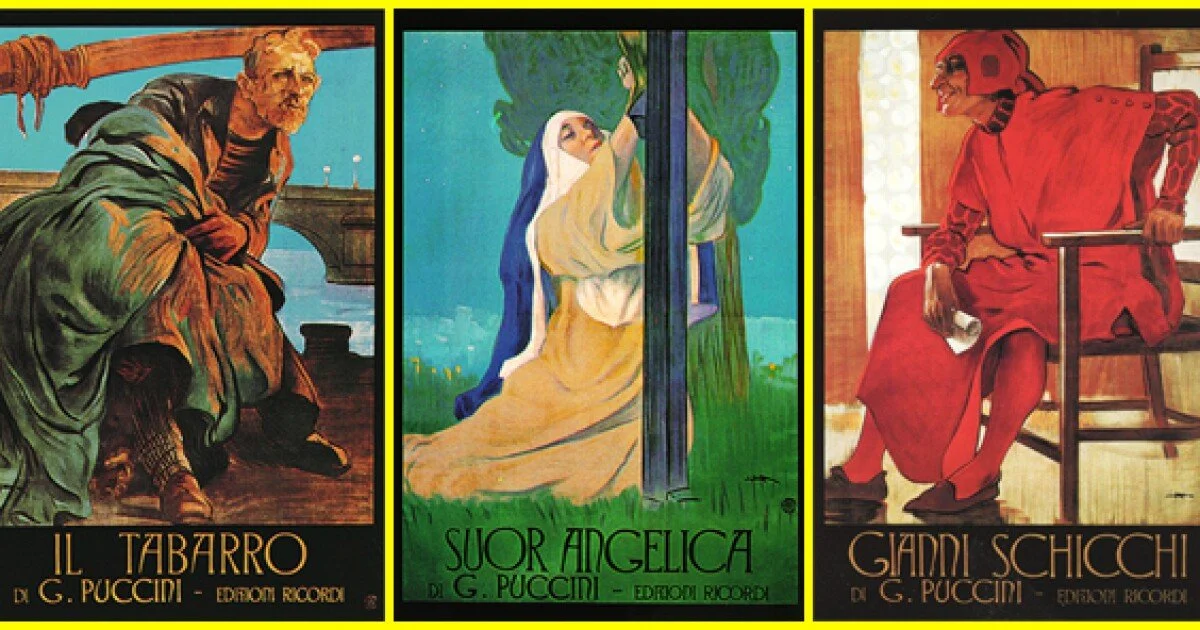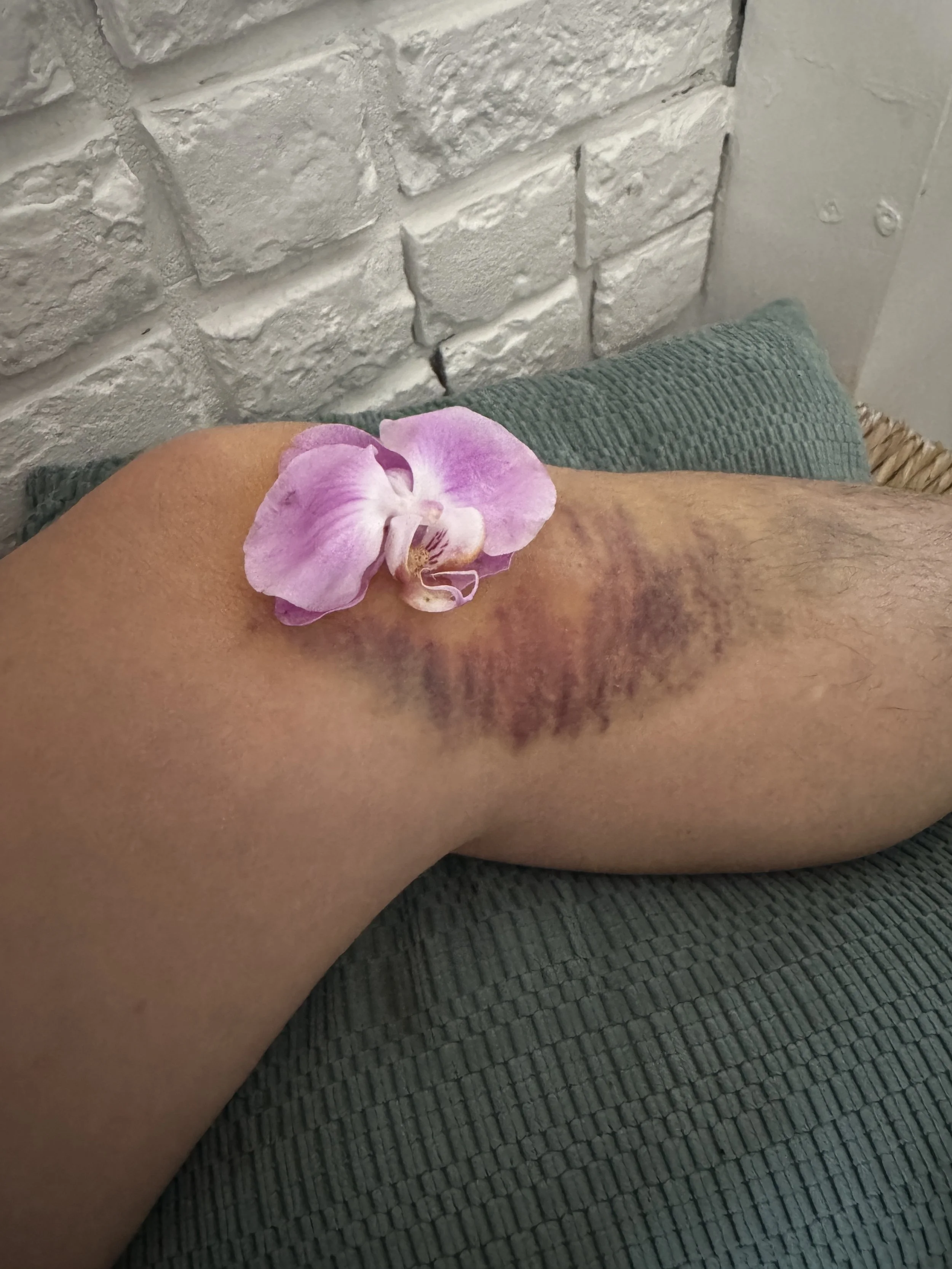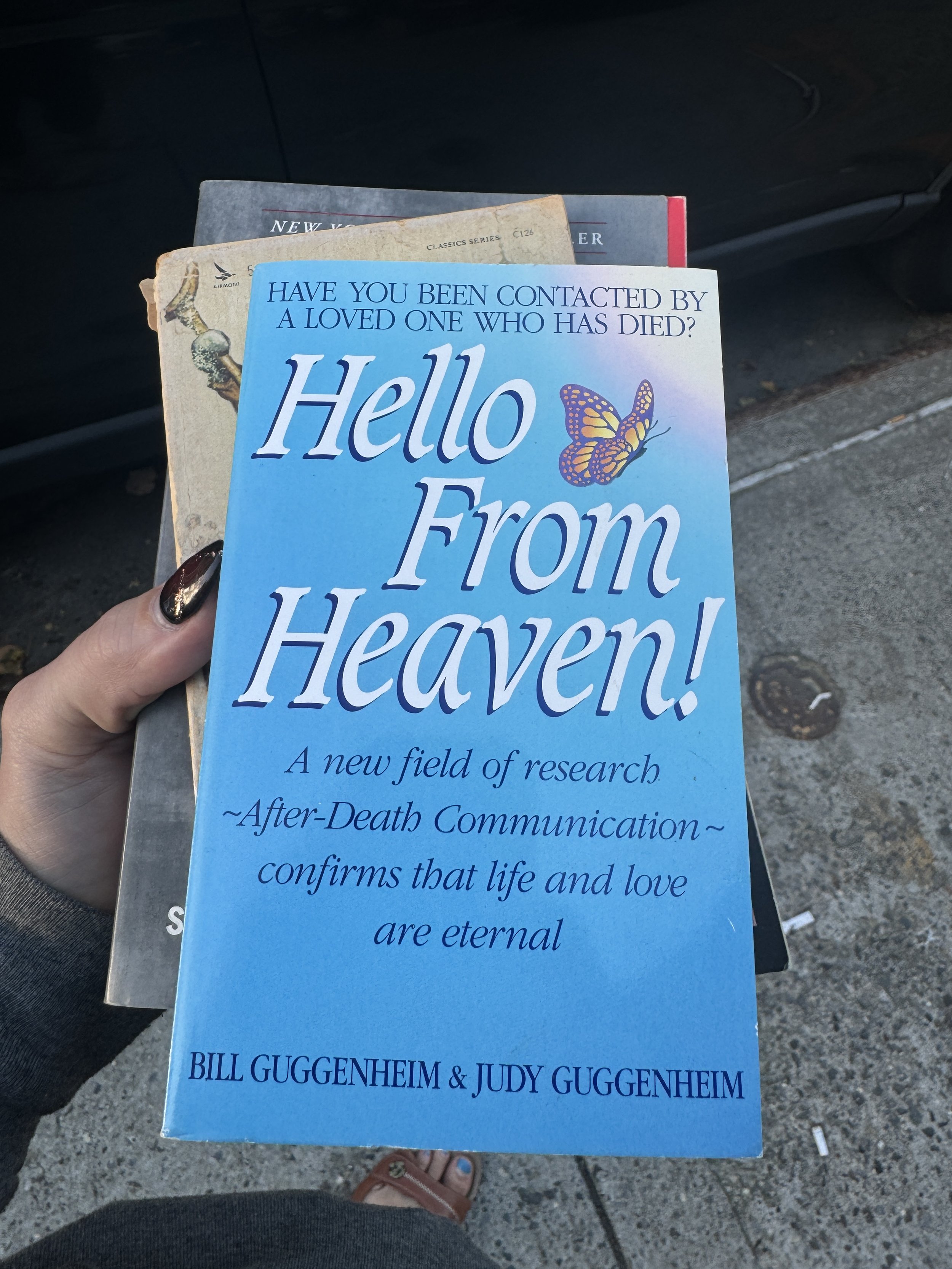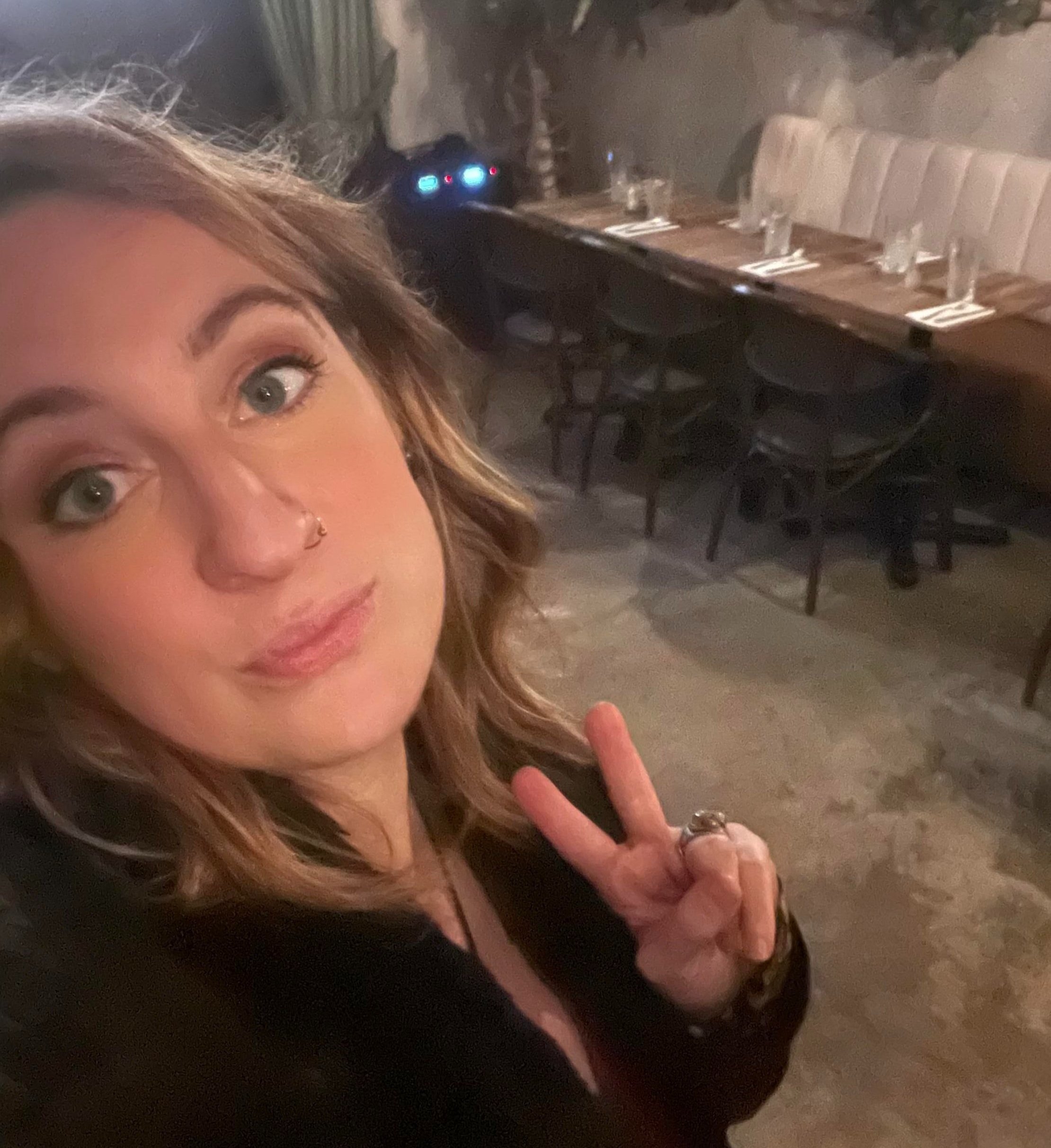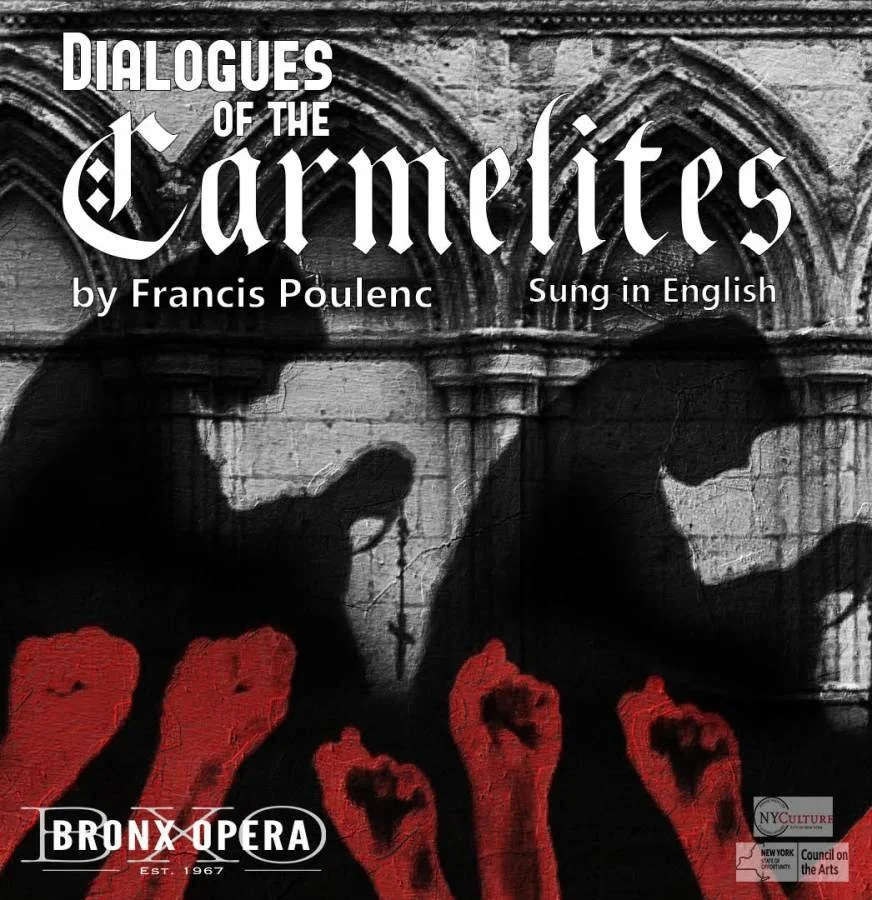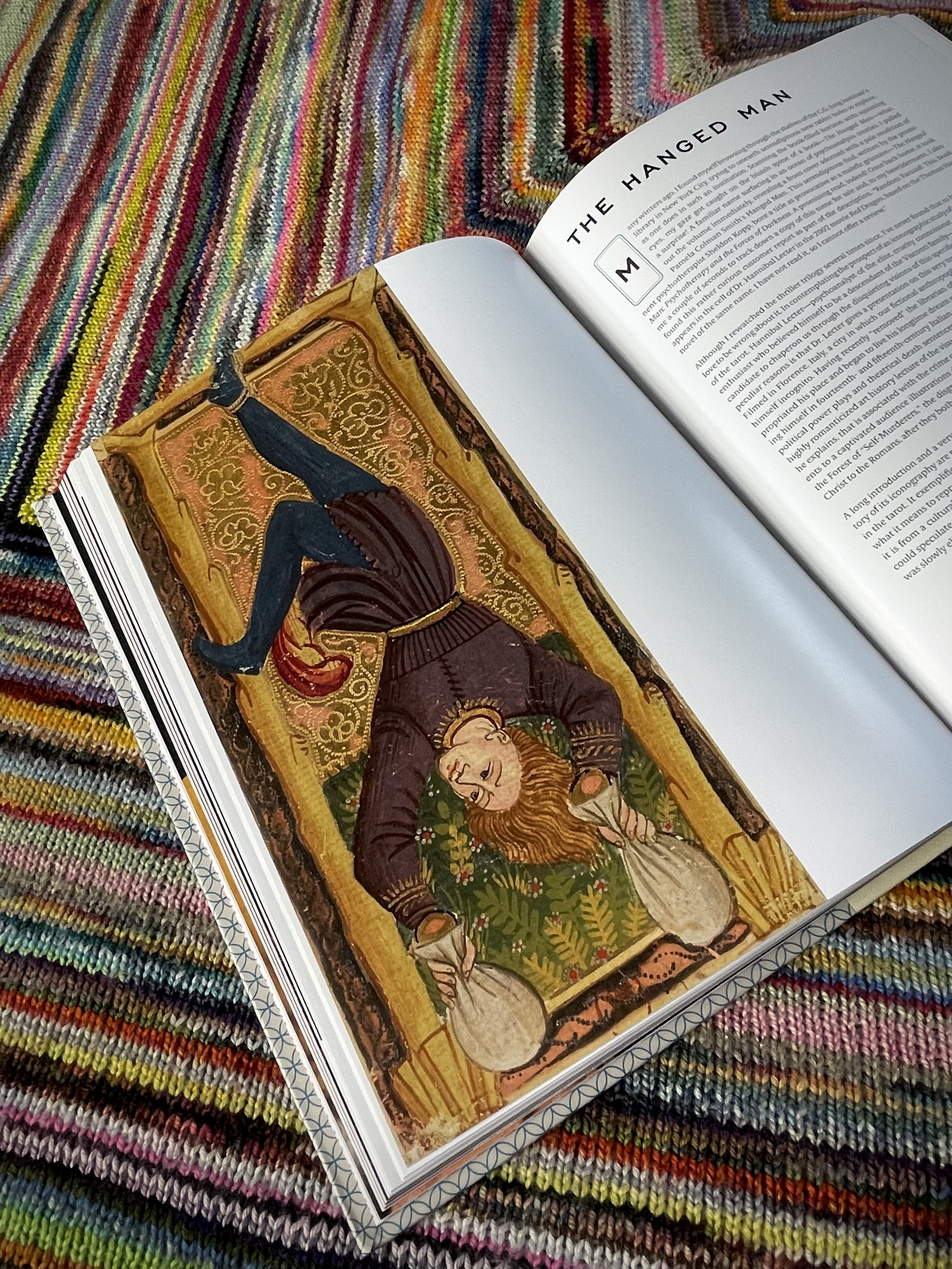A New Angle of Grief
Back again to talk about opera and grief! Oh boy!
Tomorrow, I am singing two new roles in Il Trittico. This has required a lot of work on my part and not just because the roles are musically intense but because they have very heavy grief content. As many of you know, I have dubbed myself an ambassador for grief and have been for over 98% of my life. My twin sister Erin passed away when we were almost 6 months old after having been born with birth defects. Read here in a previous post a more detailed explanation of her condition.
The two roles I’m singing are both from the perspective of mothers who lost their babies. Giorgietta in Il Tabarro has fallen out of love with her husband Michele, often telling him how much she hates living on the boat he owns and has started an affair with one his employees. It is revealed that the affair is only a distraction for her intense unhappiness. Michele tries to reconnect with her and brings up their deceased baby to try and invoke a happier memory but it only makes Giorgietta more distant and closed off to him. She has dealt with her grief with avoidance. She has chosen (whether consciously or not) to not feel her pain, thus overwhelming her at the moments she can not avoid it.
The second role I am doing is probably the most famous of the dead baby operas. How many dead baby operas are there, you ask? I personally have performed in 3 but I can think of a few more. However, I think I can confidently say Suor Angelica is the one people think of when they hear the words “dead baby opera”. How many times are people hearing the words “dead baby opera”, you ask? Either never before or far too much. Anyway, Angelica is a former princess sent to a convent as punishment. Her Aunt visits her after 7 years of silence and asks her to sign a financial document. Angelica pleads with her Aunt asking for any information about the son she gave birth to and only got to hold once to which she is met with words of shame and hatred. Her Aunt flatly tells her that he caught sick two years ago and died. Angelica, rightfully so, goes ballistic and poisons herself.
Now, I am not a mother. I don’t know firsthand what it is like to be a mother, let alone to be a mother in grief over their child. But I was raised by grieving parents and I sure do know me some grief. I said earlier that I am an ambassador for grief and I wear that badge proudly. It’s like being a member of a terrible yet beautiful club that grieves openly and often. For the past year and a half, I have been diving deeply into grief through therapy, literature, and groups. I have also, unfortunately, had some people in my life recently lose someone very close to them. I have felt my grief shift and adapt many times as I’ve grown throughout my life, maybe it’s because my grief began at a stage before memory, or maybe that’s just what grief does. Lately, I have felt my connection to grief changing again.
Many women who sing these two roles are mothers and have interpreted the characters and their loss through that lens. While I can not approach these two roles from a mother’s perspective, I think I can understand their mindset. I have seen many children grow up and I’m an Aunt and I love love LOVE being an Aunt. While I wish I could say I’m nothing like the Aunt in Sour Angelica, that hasn’t always been the case. When my sister was pregnant with my nephew I was a teenager and unable to cope with the fear I felt for her. I had never known anyone else that was pregnant and I connected infancy with death. I was so sure he would die or be born sick and it was the first time in my life I was forced to deal with that type of anxiety. When Eric was born, however, the intense love and protection I felt for him and my family melted my worries over time. But even now, it is still difficult for me to separate birth and death at times. I do think I’m beginning to use it as a pathway toward connecting death and life.
I’m reading the book “The Wild Edge of Sorrow” by Francis Weller and he advises to allow your sorrow and grief to teach you, like a wise teacher to a naive apprentice. If we hold our grief at arm’s length like Giorgietta, we never allow ourselves to go to the darkest places and we end up detaching not just from our grief, but from our joy. And then there are times when we can’t help but feel the grief so intensely, like Angelica, and we explode with a huge surge of emotions that can feel so overwhelming you wish for anything, even death, to stop it. But, “Establishing a relationship with grief,” Weller writes, “developing practices that keep us steady in times of distress, and staying present in our adult selves are among the central tasks in our apprenticeship with sorrow.” Coming at my grief with reverence and a deep respect for my life and the love that is shared between us all has been a very vulnerable practice indeed.
Learning these roles has not only been vocally demanding, but it has also been very emotionally taxing. Through my work, I am understanding death and grief from a new angle, that of an adult and almost as an elder. Extremely early stages, yes, but for perhaps the first time I have felt wise enough to grasp that which used to confuse me and to know that there is much more to try to understand. I hope that anyone who comes to the show tomorrow can share with me the experience of grieving so out loud, and I mean really loud because it is verismo opera after all!! I hope that we as a community, not just as opera singers and artists, but of all people sharing this life experience with one another can hold space for any grief we feel in our hearts.
<3 Reb
Can I hear from you???
Read More
